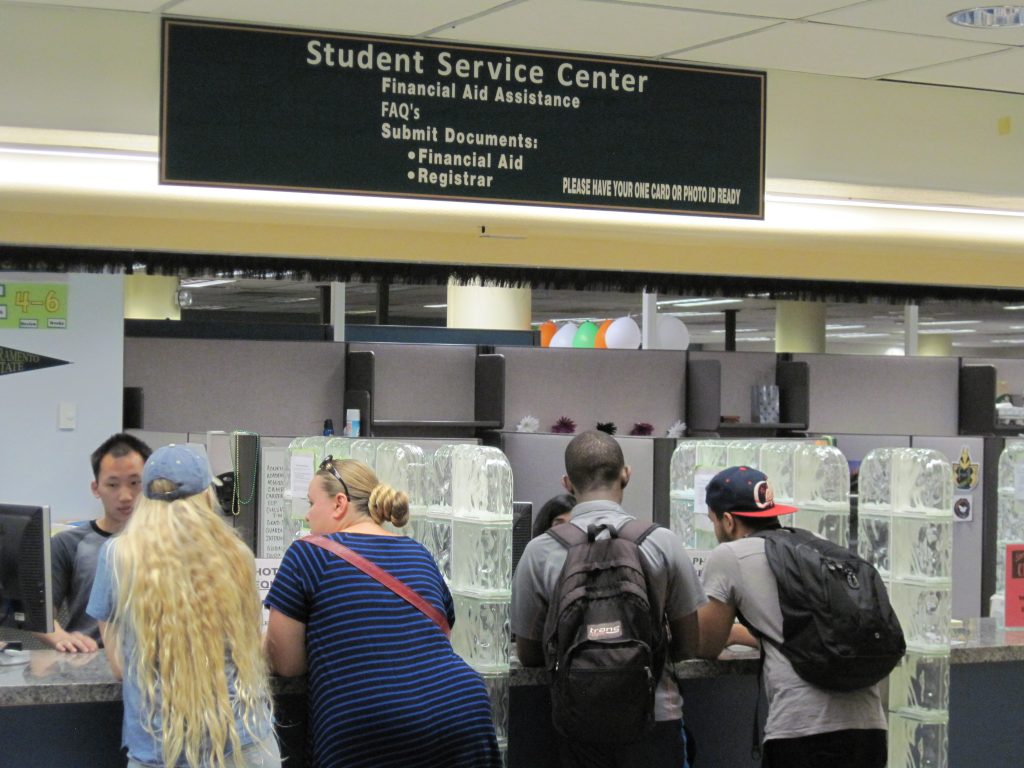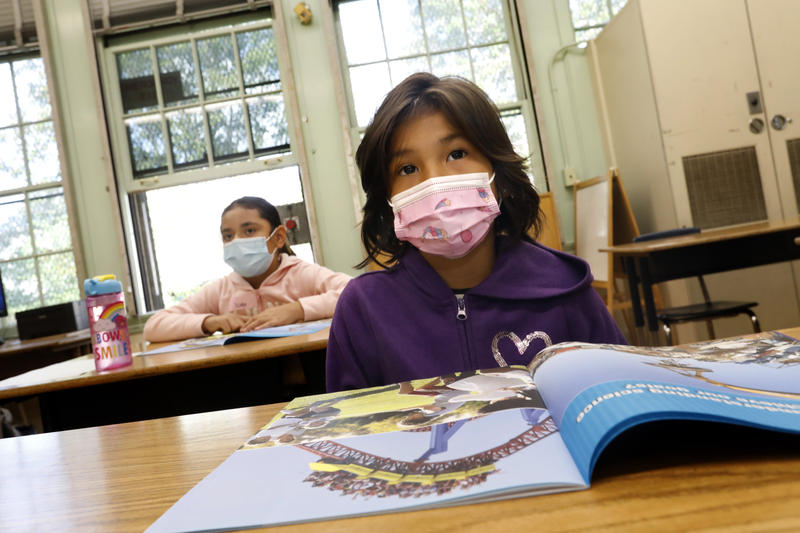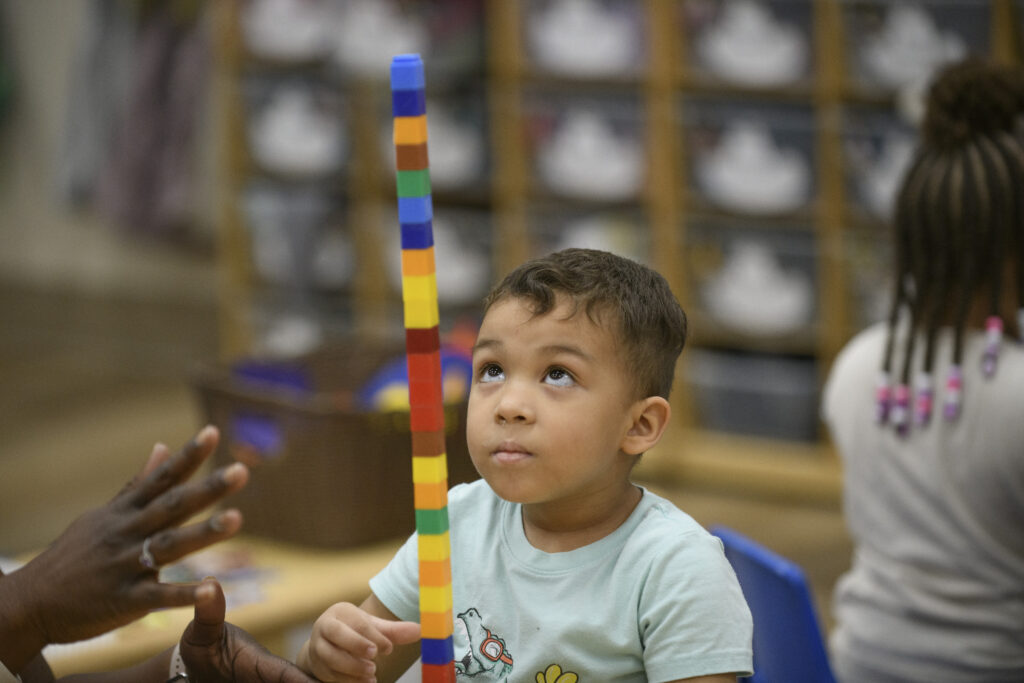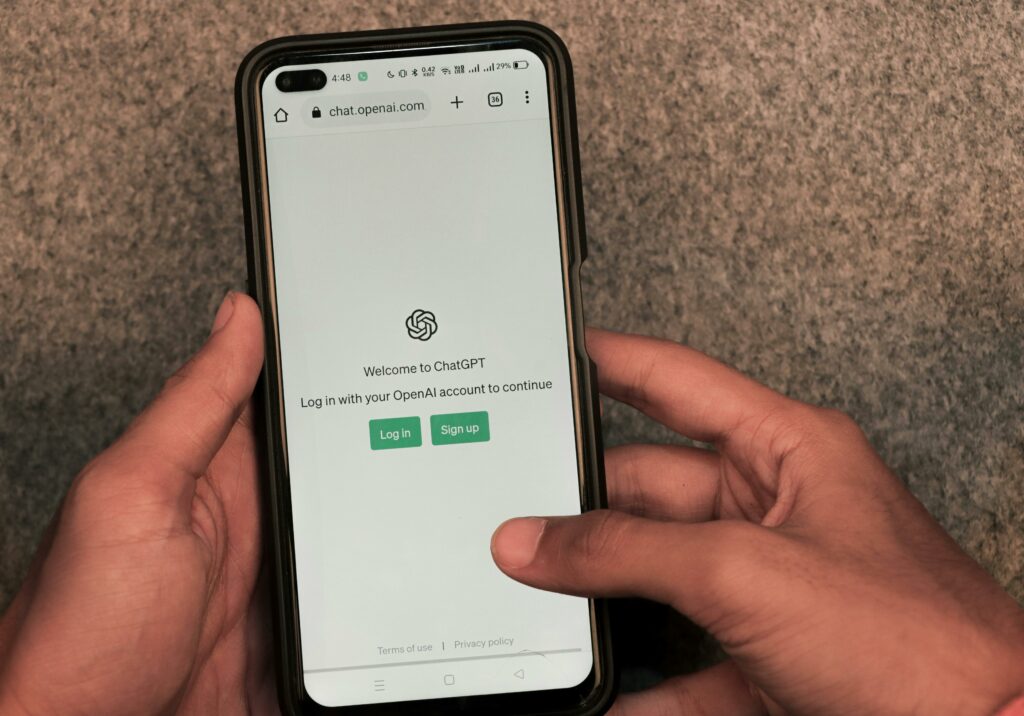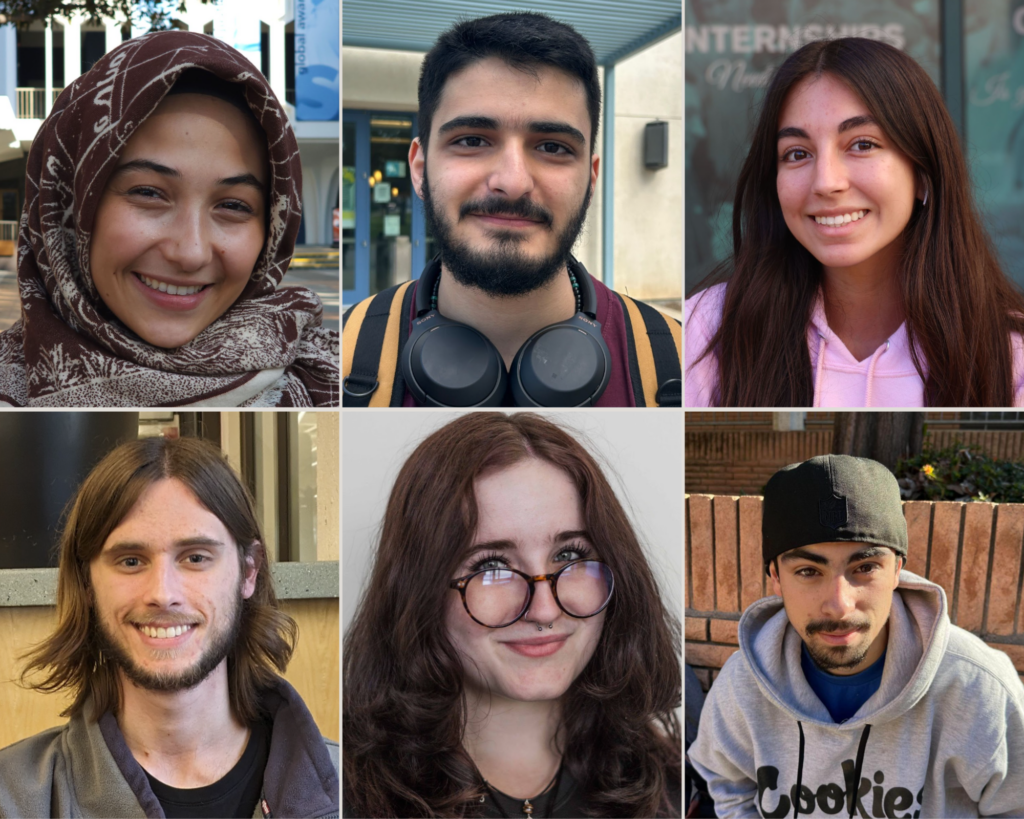
Credit: Pexels
Gov. Gavin Newsom’s executive order to develop a Master Plan on Career Education represents a critical step forward in helping Californians adapt to the projected radical transformations in the workforce. This could not have come at a more critical time. According to the World Economic Forum’s “The Future of Jobs Report 2023,” “almost a quarter of jobs (23%) are expected to change in the next five years.”
I applaud the governor’s goals, which include expanding career education pathways in K-12, ramping up dual-enrollment and work-based learning opportunities, and enhancing connections between secondary/post-secondary education and the business community.
But, while critical, these goals are insufficient to ensure that every K-12 student, regardless of ZIP code or life circumstance, will be afforded full career and life success opportunities.
To maximize success, the master plan must also incorporate strategies to dislodge the entrenched, bifurcated mindset that positions K-12 career education as isolated from and inferior to the prevailing K-12 academic curriculum. This can be achieved by implementing policies that mandate the inclusion of curriculum that uses the real-world application of knowledge and concepts found in careers as a context for academic learning in all K-12 grades and subject areas. In educational literature, this is referred to as contextualized teaching and learning.
Here’s what a career-contextualized learning component could look like:
An elementary grade math lesson would be enriched by connecting lessons on ratios and percentages to applications in diverse careers. For example:
- Digital media (image size and resolution; video/animation frame speed; file transfer speed).
- Architecture/construction technology (material weight to strength ratio, linear and cubic measurements, roof pitch, stair rise to run ratios, construction cost price per square foot)
- Data analytics (e-commerce: ratio of web page visits to link clicks; pro sports team performance: shots taken to field goals made; climate change: fossil fuel vs. alternative energy usage).
The master plan’s primary policy goal should be to expand educational equity, thereby promoting more equitable career opportunities.
Key strategies to achieve this goal include:
- Expanding differentiated instruction — tailoring teaching to meet individual needs — to better support students with diverse learning modalities, including English learners and students from low socioeconomic circumstances.
- Transcending geographic barriers by utilizing virtual technologies to connect classrooms with career professionals from diverse geographic regions.
- Amplifying student engagement and self-efficacy by expanding student opportunities to envision a “future self” by meeting diverse career professionals through participation in activities such as internships, mentorships and virtual meetings.
- Increasing participation in career pathways and dual enrollment programs by fostering an early interest in careers through the integration of curriculum in all K-12 grades and subject areas that utilize real-world career-based application of knowledge and concepts as a context for academic learning.
- Increasing exposure to opportunities for college and career through strategic engagement with the higher education and business sectors in developing and deploying K-12 contextualized teaching and learning curriculum.
- Cultivating skills identified by employers as a high priority through contextualized learning experiences that promote creativity, collaboration, communication and critical thinking.
The master plan must include strategies for planning and implementing a pilot study that involves creating, implementing and evaluating K-12 curriculum that utilizes real-world career-based application of knowledge and concepts as a context for academic learning. Collaborative teams with K-12, post-secondary and business community participants must lead this work. The pilot study must involve school test sites from geographically and economically diverse state regions. Insights derived from the pilot study will guide full statewide implementation.
For decades, our K-12 education system has been disconnected from the constantly evolving world of work. We are at a critical crossroads when we must advocate for transformational change to empower students with the knowledge, skills and dispositions needed for future life and career success.
•••
Brian F. Donnelly is the executive director of Learning Curved, a California nonprofit focused on creating opportunities for students to discover and explore emerging career paths.
The opinions expressed in this commentary represent those of the author. EdSource welcomes commentaries representing diverse points of view. If you would like to submit a commentary, please review our guidelines and contact us.

